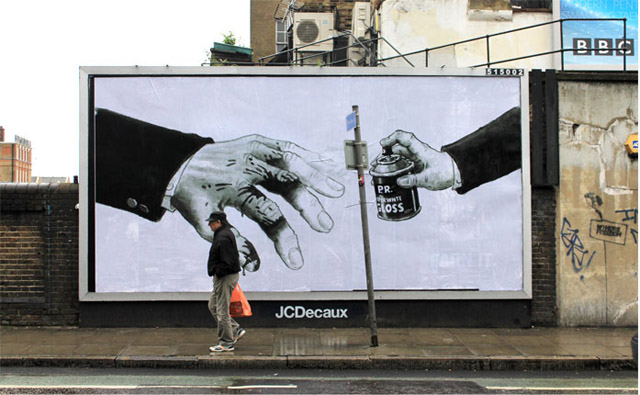This week we looked at a number of advertisements as an introduction to the three rhetorical appeals: ethos, pathos, and logos. ((Go ahead and bookmark The Forest of Rhetoric—we will refer to it often.)) These will be the basis of your analyses of arguments for the next few weeks, so make sure you’re familiar with them.
Your homework for the weekend is to find an argument in the wild—the topic does not matter, nor does the medium—email a link to me (if possible), and bring a copy to school. After you’ve chosen the piece, note how the author appeals to his or her audience: what kind of emotions is it meant to elicit? how does the piece inspire trust? what is the audience meant to do with this information?
You will (briefly, informally) present the argument to the class and we will discuss on Monday.










